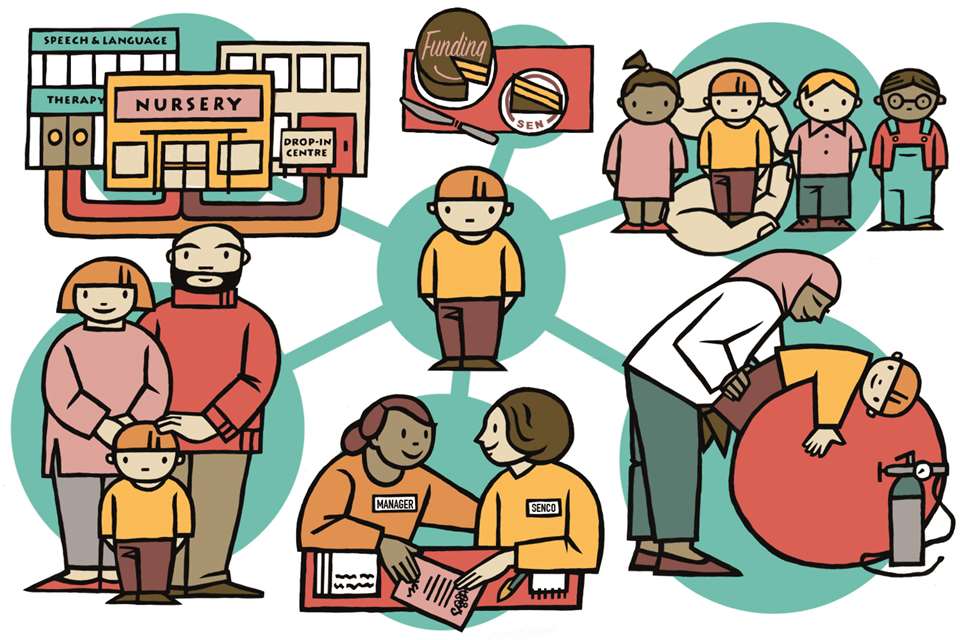SEND - Firm focus for childminders
Maureen Hunt
Monday, December 10, 2018
Caring for a child with SEND needn’t be daunting. Maureen Hunt offers childminders advice on how to meet a child’s needs and raise aspirations

Register now to continue reading
Thank you for visiting Nursery World and making use of our archive of more than 35,000 expert features, subject guides, case studies and policy updates. Why not register today and enjoy the following great benefits:
- Free access to 4 subscriber-only articles per month
- Unlimited access to news and opinion
- Email newsletter providing activity ideas, best practice and breaking news








